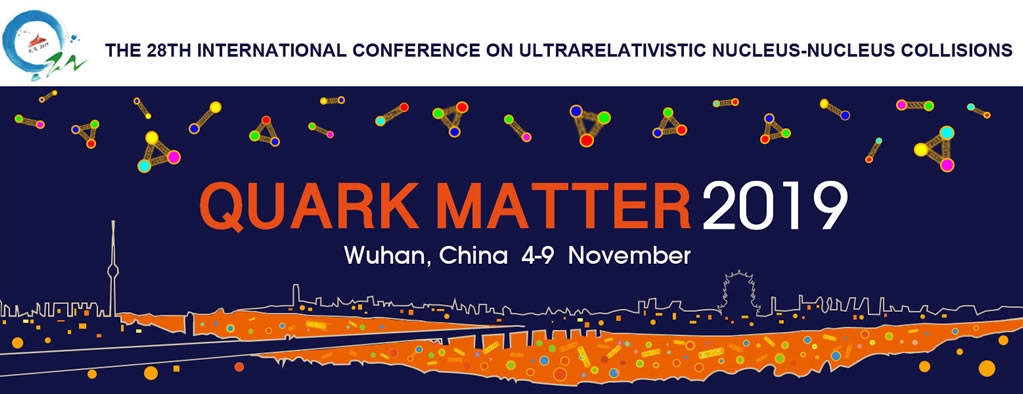Speaker
Description
High energy jets, evolving from a single parton, produced with transverse momentum up to a TeV, have a variety of scale dependent interactions with the QGP. The mass of heavy-quarks introduce another scale within this evolution. Modeling both the heavy quark shower and the fluid dynamical medium event by event, we demonstrate that in the high virtuality portion of a jet, where the dead-cone effect can be ignored, light and heavy-flavor evolution are indeed similar. However, in the later lower virtuality part of the shower, when the mass is comparable to the transverse momenta of the parton, heavy quarks radiate differently. Recently, it has been suggested that longitudinal drag and diffusion can stimulate radiation from heavy-quarks. The effect of this new channel is shown to partially compensate for the reduction in radiation from the dead cone effect. All these factors result in a different nuclear modification factor for heavy flavors (and heavy-flavor tagged jets).
We present an extensive, comparative study that explores the importance of differences between various heavy quark energy-loss mechanisms with a realistically expanding quark-gluon plasma (QGP) in a multi-stage calculation within the JETSCAPE Framework [2]. The highly virtual and very energetic portion of the shower inside the QGP is modeled using the MATTER generator, while the LBT generator models the energetic and close-to-on-shell heavy quark’s showering inside with the QGP. The shower transitions from one stage to the other at a parton-by-parton level depending on the energy and virtuality of the parton, and the local density. The boundary between these stages can be extracted from a comparison with data. This allows us to explore the effect and interplay between the different regimes of energy loss on the propagation and radiation from hard heavy quarks in a dense medium. Energy momentum exchange with the medium, essential for the study of jet modification, is carried out using a weak coupling recoil approach.




